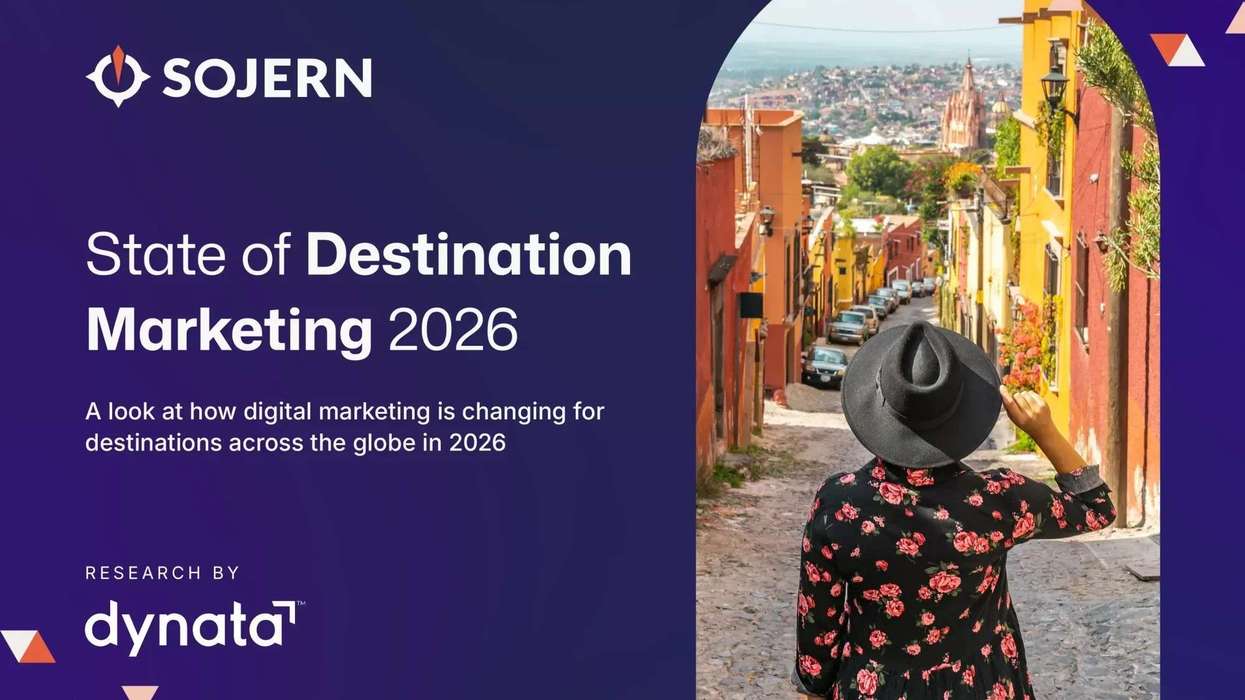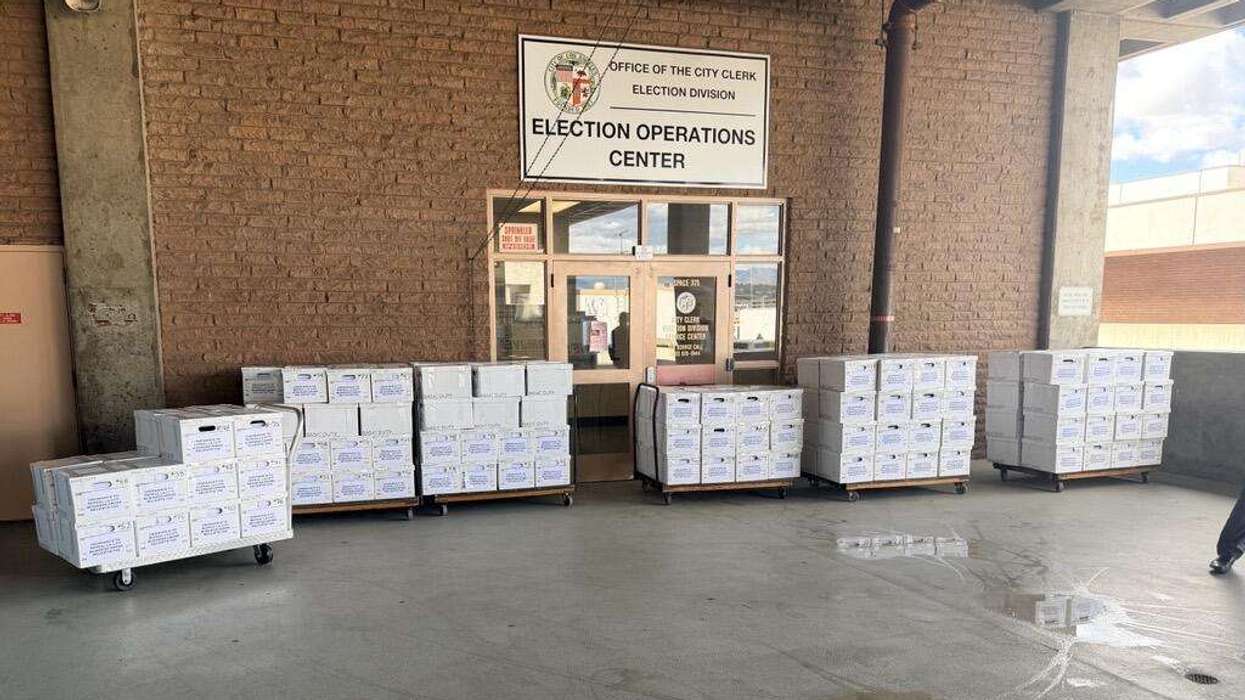SCHOOLS AROUND THE U.S. may or may not be in session this fall as a result of the pandemic, but so far the school holiday calendar is nearly the same, according to School Break Report. There are some cuts to fall breaks and more use of digital learning by colleges and universities.
STR’s report covers vacation dates for the 2020-21 school year for U.S. public K-12 school districts, colleges and universities. The data analyzing firm added additional information to account for remote learning scheduling and other specialized data points.
“Aside from the typical Easter and spring-break shifts, we’re not seeing the more dramatic calendar movement that we might have expected,” said Brannan Doyle, research analyst at STR. “One of the few stand-out changes we’ve noticed is college and university calendars cutting fall breaks by more than half compared to last year’s calendars—and an unprecedented uptick in the number of students entering their winter break immediately following the Thanksgiving holiday.”
The report also found a shift toward more e-learning by colleges and universities between Thanksgiving and Christmas that includes a virtual wrap-up for the fall semester rather than on-campus final exams. Also, the fact that Christmas moves from Wednesday to Friday this year means 20 percent of K-12 students will be in session until the week of Christmas. More students also will receive a long weekend for Presidents’ Day in 2021 compared with February 2020.
“Obviously the situation around COVID-19 could throw calendars into a state of flux, but absent any significant change, hoteliers understand that school breaks and family trips are going to make up a large portion of market demand until business travel, conventions and conferences return,” Doyle said.
The impact of the nation’s return to school on the hotel industry came up during Asian Hospitality’s roundtable with industry experts earlier this month to discuss the summer season. When asked to make a prediction for where the industry would be by next summer, Jatin Desai, managing principal and CIO/CFO at Peachtree Hotel Group in Atlanta, brought up the upcoming school year as a point of measurement for how demand will trend.
“When school comes back in session in September it will really tell the story of who's travelling right now,” Desai said. “The families that have been cooped up for three months or four months, they're out travelling right now, and then when schools come back, if they come back in the same degree, we'll see if those travelers are still out there.”
Many of Peachtree Hotel Group’s properties are in university markets, Desai said, and they are anticipating an impact.
“Many of the universities are limiting attendance next year or are suspending and doing more online,” he said.
Jan Freitag, STR’s senior vice president for lodging insights, said he has been tracking possibilities for the school year with his wife, who runs a not-for-profit agency that deals with more than 200 school districts around the country.
“It seems like that a lot of school systems are ready to go back,” Freitag said.
The fact that a school system is doing online learning does not mean people will treat it like a holiday.
“People are going to say, ‘Oh, well, I can't just have class from anywhere, right? My kids need to be in the city that they're in to go to school. So, I can't just go travel,” he said.





